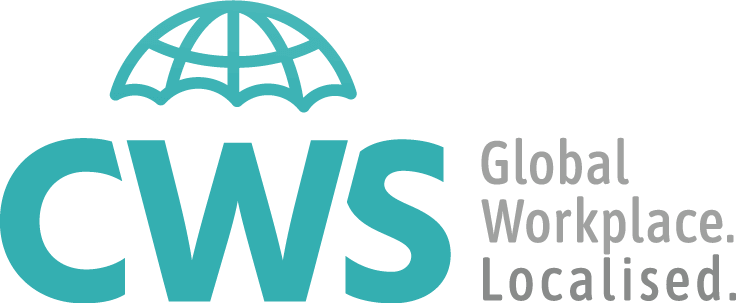Freelancing Vs. EOR Employment in Israel is a crucial decision for professionals in Israel with international clients. The choice between freelancing and using an Employer of Record (EOR) service will significantly impact your finances, benefits, and administrative responsibilities. This guide provides a clear, concise comparison to help you make an informed choice in 2025.
Understanding the Core Models: Freelancing vs. EOR Employment in Israel
In Israel, you can operate as a freelancer, known as an Osek Patur / Murshe (עוסק פטור או מורשה), or you can be employed by an EOR. An EOR legally employs you in Israel on behalf of your client, handling all payroll, tax, and compliance matters. This allows you to work for a foreign company as a full-fledged Israeli employee.
Here’s a breakdown of the key differences:
Feature | Freelancing (Osek Patur/Murshe) | Employer of Record (EOR) Employment |
Structure | You are a self-employed business owner. | You are a legal employee of the EOR. |
Income | Direct invoicing to clients; income can be variable. | Stable, predictable monthly salary. |
Benefits | No paid vacation, sick leave, or pension contributions. | Full statutory benefits, including paid time off, pension, and severance. |
Taxes | You are responsible for all tax and National Insurance payments. | All taxes and social security are automatically withheld and paid. |
Admin | High administrative burden: invoicing, expense tracking, tax filing. | Zero administrative burden for the employee. |
U.S. Citizens | Subject to double social security taxation (U.S. & Israel). | Exempt from U.S. self-employment tax, offering huge savings. |
The Advantages and Disadvantages
The Freedom of Freelancing
Freelancing in Israel offers unparalleled flexibility. You can set your own hours, choose your clients, and control your professional brand. The potential for higher earnings exists, as you can take on multiple clients and deduct business expenses, such as home office costs and professional development. This path is ideal for those who are entrepreneurial and comfortable with managing their own business affairs.
However, this freedom comes at a cost. Freelancers face a significant administrative burden, higher National Insurance contributions, and a lack of employment benefits. Income can be unstable, and there is no safety net like unemployment insurance. For U.S. citizens, the double social security taxation is a major financial drawback.
The Security of EOR Employment
EOR employment provides the stability and security of a traditional job. You receive a regular salary and a full package of Israeli employee benefits, including paid vacation, sick leave, recuperation pay, and pension contributions. The EOR handles all administrative and compliance tasks, giving you peace of mind.
This is an especially attractive option for U.S. citizens, as it avoids the costly double taxation on self-employment income. The main trade-off is less flexibility compared to freelancing, and your income is tied to a fixed salary. However, for many, the value of the benefits and the administrative simplicity far outweighs these limitations.
Making the Right Choice for You
Your decision should be based on your personal and professional circumstances. Consider these key factors:
- US. Citizenship: If you are a U.S. citizen, the tax advantages of EOR are a compelling reason to choose this option.
- Risk Tolerance: If you value income stability and a predictable financial future, EOR is the safer bet. If you are comfortable with income fluctuations and have a financial buffer, freelancing may be a good fit.
- Administrative Capacity: Be honest about your willingness and ability to handle complex paperwork. If you prefer to focus on your work without administrative headaches, EOR is the clear winner.
- Career Stage: Early-career professionals may benefit from the structure and security of an EOR, while experienced professionals with a strong client base may prefer the autonomy of freelancing.
The Hybrid Approach: CWS Israel’s Freelancer Shield
For those who want the flexibility of freelancing with some of the support of an EOR, a hybrid solution like CWS Israel’s Freelancer Shield can be an excellent choice. This service assists with invoicing, payment collection, and compliance, reducing the administrative burden while allowing you to maintain your independent status.
Conclusion
There is no single “best” option for everyone. The right choice depends on your priorities, risk tolerance, and long-term career goals. EOR employment offers security, simplicity, and significant tax benefits, particularly for U.S. citizens. Freelancing provides maximum flexibility and earning potential, but with greater risk and administrative responsibility.
By carefully evaluating your needs and consulting with experts, you can choose the path that best supports your professional journey in Israel.

